Land Economy
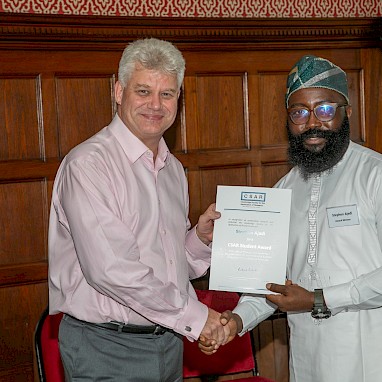
Stephen Ajadi is an award-winning architect, a designer, a management consultant, and a development economist, with formal education in all the fields with distinctions. A part of his work revolves around the spatial impact of conflict and extreme violence in current and future cities. He is the founding principal of an international architecture practice with offices across 3 cities in 2 countries. He is the founder of the Penumbra Space Foundation, focused on helping people in West Africa affected by conflict and violence through social and physical infrastructure. He sits on the board of a number of organisations. He also leads and participates in some mentorship programs, some of which have seen protégés enrolled at the University of Cambridge and other institutions. In addition, he founded the burgeoning Cambridge Initiative for African Urbanism (CIAU), a research platform with a wide network of African institutions linked with Cambridge to study various aspects of the African city. His research achieves implementation through these avenues. Stephen has consulted across Africa and Europe on issues of the circular economy, real estate finance, architecture, urban security, and the planning of smart cities in the global south. He has taught critiqued and lectured architecture and urban development at various institutions in Nigeria, the UK and also at the University of California, Berkeley. He is currently concluding his PhD in the department of Land Economy.
My research is on the spatial impact of extreme conflict and violence on open spaces in Nigeria and certain areas of the Sahel. Over the past 4 years, I have led the largest set of ethnographic studies ever in one of the most unstable cities in Africa—physically interviewing nearly 7000 people in all its neighbourhoods, and two large open markets in another city of similar risk. This is in addition to various other large-scale data generated. With boundaries of knowledge pushed in conflict theory, methodology and policy, my study shows spatial and policy gaps with realistic strategies to engage them. The study has resulted in positive small-scale implementation in Nigeria with recommendations for larger impact plans. If implemented at the right scale and in the right manner, the findings can help prevent and (or) significantly reduce vulnerability to extreme conflict and violence by improving urban spatial awareness, innovative social resilience, and urban-rural security policy in informal open spaces across West Africa.
Other 2023 award winners
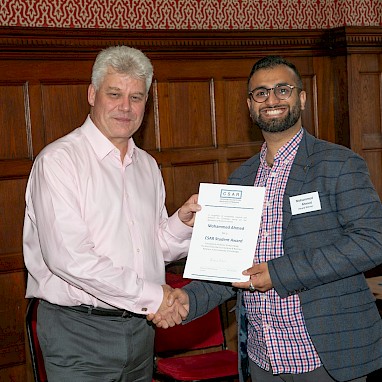
Mohammed Ibraheem Ahmed
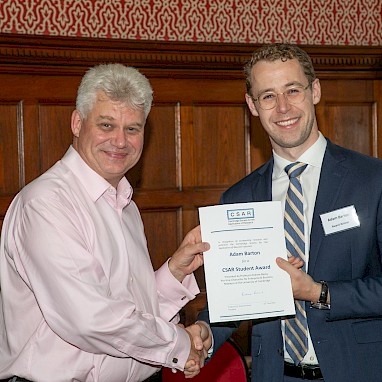
Adam Barton
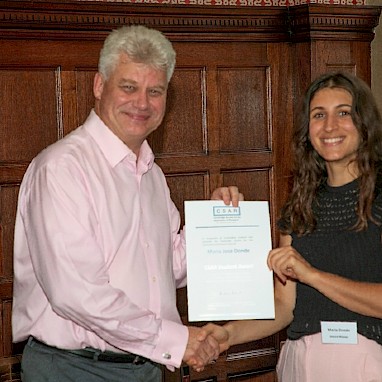
Maria Donde
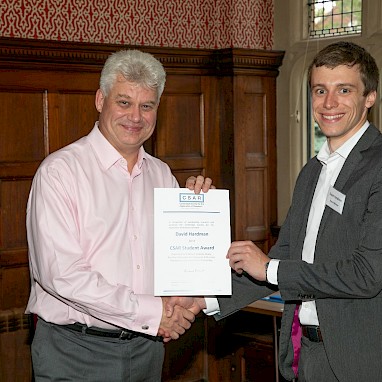
David Hardman
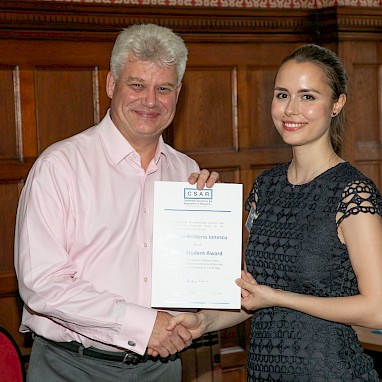
Rosana-Bristena Ionescu
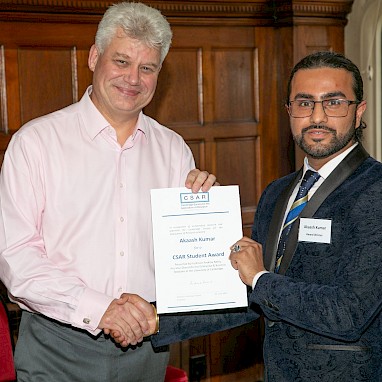
Akaash Kumar
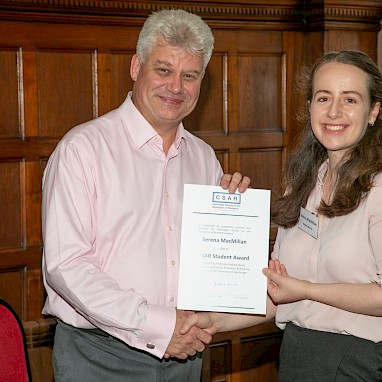
Serena MacMillan
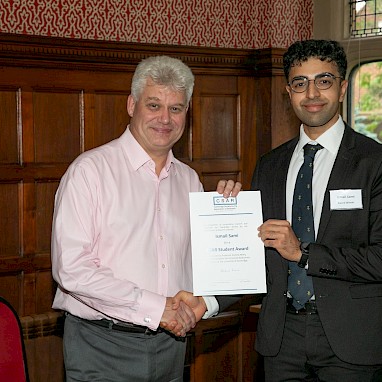
Ismail Sami
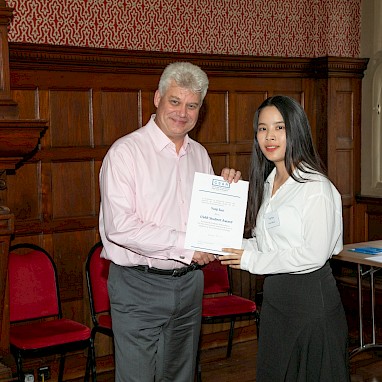
Yuqi Sun
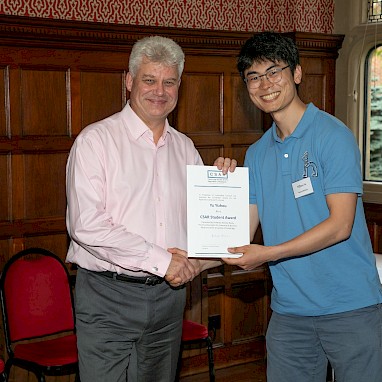
Yizhou Yu
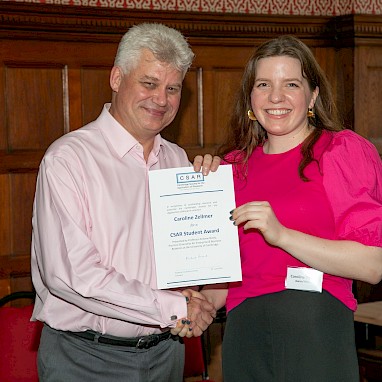
Caroline Zellmer